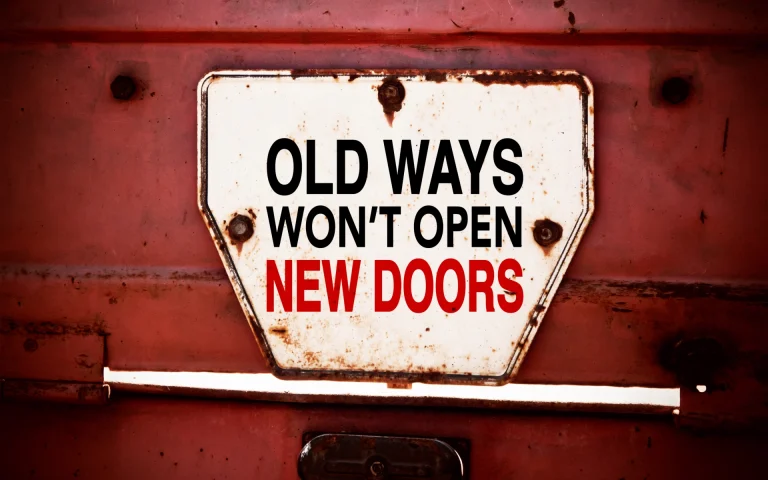Project Guardian Singapore: Building a Tokenised, Open & Interoperable Financial Ecosystem
Introduction
Project Guardian Singapore, launched by the Monetary Authority of Singapore (MAS), is a bold step into the future of financial markets. It brings regulators, banks, and industry players together to explore how asset tokenisation, decentralised finance (DeFi), and blockchain-based solutions can reshape global finance. By spearheading MAS Project Guardian, Singapore positions itself as a hub for trusted digital innovation and tokenised finance.
For more insights on Singapore’s financial transformation, see our article on:
Background: Why Project Guardian Singapore Matters
MAS has consistently pursued innovation while balancing financial stability. Over the past decade, it has introduced initiatives like digital banking licenses, e-payment systems, and sandboxes for fintech firms. MAS Project Guardian builds on this legacy, focusing on tokenisation and interoperability.
Globally, tokenisation is emerging as a key trend. By converting traditional assets like bonds, deposits, and securities into digital tokens, markets can benefit from faster settlement, lower costs, and broader participation. Project Guardian Singapore ensures the country remains competitive while aligning with international efforts in the EU, Hong Kong, and the US.
For related developments, check our coverage of amendments to FRS 119 and how accounting standards are adapting to financial innovation.
Amendment to FRS 119: Reduced Disclosures Extended to More Entities
What Project Guardian Singapore Does
The initiative focuses on three main areas:
-
Testing Real-World Pilots
MAS and its partners run pilots using tokenised assets such as bonds, deposits, and securities. These pilots demonstrate how digital assets can be traded securely and efficiently. -
Building Open & Interoperable Networks
A major goal of MAS Project Guardian is to avoid fragmentation. Token-based systems must work across different platforms and jurisdictions, ensuring that global adoption is possible. -
Exploring DeFi Protocols in Wholesale Markets
The initiative examines permissioned liquidity pools and smart contract-based borrowing and lending. These tools aim to bring the efficiency of DeFi into regulated environments, ensuring compliance while enabling innovation.
For related developments, check our coverage of amendments to FRS 119 and how accounting standards are adapting to financial innovation.
Key Partners & Global Reach
Project Guardian Singapore is industry-led, with MAS providing regulatory oversight. Key partners include:
-
DBS Bank – Singapore’s largest bank, actively testing blockchain and tokenised assets.
-
J.P. Morgan – Global financial powerhouse with expertise in cross-border payments and digital finance.
-
Marketnode – A joint venture between SGX and Temasek, focusing on digital infrastructure for capital markets.
International engagement is another highlight. Regulators like the UK’s Financial Conduct Authority (FCA) and organisations such as the International Capital Market Association (ICMA) are directly involved. ICMA, for example, leads specific workstreams on tokenised fixed income, custody, and settlement using distributed ledger technology (DLT).
This global collaboration ensures that MAS Project Guardian is not just a national initiative but part of a wider movement toward harmonised standards.
Benefits of Project Guardian Singapore
1. Lower Costs & Faster Settlement
Tokenisation reduces the need for multiple intermediaries, which in turn lowers costs. Settlement times, which often take days in traditional markets, can be reduced to near-instant with blockchain technology.
2. Greater Market Access
By lowering entry barriers, tokenised finance allows more participants—including smaller firms and investors—to access markets traditionally dominated by large players.
3. Interoperability & Reduced Fragmentation
Project Guardian Singapore emphasizes building networks that work across jurisdictions. This means institutions can adopt blockchain solutions without worrying about being locked into siloed systems.
4. Regulated DeFi for Wholesale Markets
DeFi protocols are often seen as risky and unregulated. However, under MAS oversight, MAS Project Guardian brings DeFi tools like smart contracts and liquidity pools into wholesale markets while ensuring compliance with financial safeguards.
Case Studies & Pilots Under Project Guardian Singapore
1. DBS and J.P. Morgan Pilot
In one pilot, DBS and J.P. Morgan tested the trading of tokenised bonds and deposits. The pilot showed how transactions could be executed seamlessly using blockchain while still complying with regulatory requirements.
2. Cross-Border Settlement Trials
Another use case involves Delivery versus Payment (DvP) for tokenised debt securities. These pilots are crucial in testing how cross-border tokenised settlement can work under different legal and regulatory systems.
3. Custody & Asset Servicing
ICMA-led workstreams also explore how custody, settlement, and corporate actions for tokenised assets can be managed under DLT frameworks.
These pilots demonstrate that Project Guardian Singapore is more than theory—it is a hands-on initiative with real financial implications.
Comparison with Global Initiatives
While MAS Project Guardian is unique, it is part of a global wave of tokenisation:
-
EU: The European Central Bank is experimenting with a digital euro and blockchain settlement platforms.
-
US: The Federal Reserve is monitoring tokenisation but remains cautious about regulation.
-
Hong Kong: The Hong Kong Monetary Authority has launched pilots for tokenised green bonds.
By engaging internationally, Singapore ensures that Project Guardian Singapore aligns with global best practices while strengthening its position as Asia’s digital finance hub.
Challenges & Regulatory Considerations
Despite its promise, tokenisation raises challenges:
-
Legal Recognition: How should tokenised assets be treated under law?
-
Cybersecurity Risks: Blockchain is secure, but smart contracts and wallets remain vulnerable.
-
Operational Complexity: Integrating tokenisation into existing systems is not simple.
MAS Project Guardian addresses these by working with regulators and industry to set clear frameworks, ensuring that innovation does not compromise financial stability or consumer protection.
What’s Next for Project Guardian Singapore
Looking ahead, MAS Project Guardian will focus on:
-
Developing Standards for fixed income, custody, and settlement, including DvP for tokenised debt securities.
-
Establishing Regulatory Guardrails so that broader adoption can take place without undermining financial stability.
-
Launching More Pilots across new asset classes and borders, expanding beyond bonds and deposits to equities, derivatives, and even real assets.
This forward-looking approach ensures that Project Guardian Singapore remains at the forefront of tokenised finance.
Conclusion
Project Guardian Singapore represents a forward-looking shift in finance. By combining tokenisation, interoperability, and industry-led pilots with MAS’s regulatory oversight, it seeks to make financial markets more efficient, inclusive, and resilient.
For firms, investors, and policymakers, MAS Project Guardian offers a roadmap into digital innovation—with safeguards, collaboration, and global alignment.
To explore related updates, see our guide on Productivity Solutions Grant (PSG) and how financial support initiatives align with digital transformation.
Disclaimer: This article is for informational purposes only and does not constitute professional advice. Please contact our professional advisors for tailored guidance.
Sources: https://www.mas.gov.sg/schemes-and-initiatives/project-guardian




